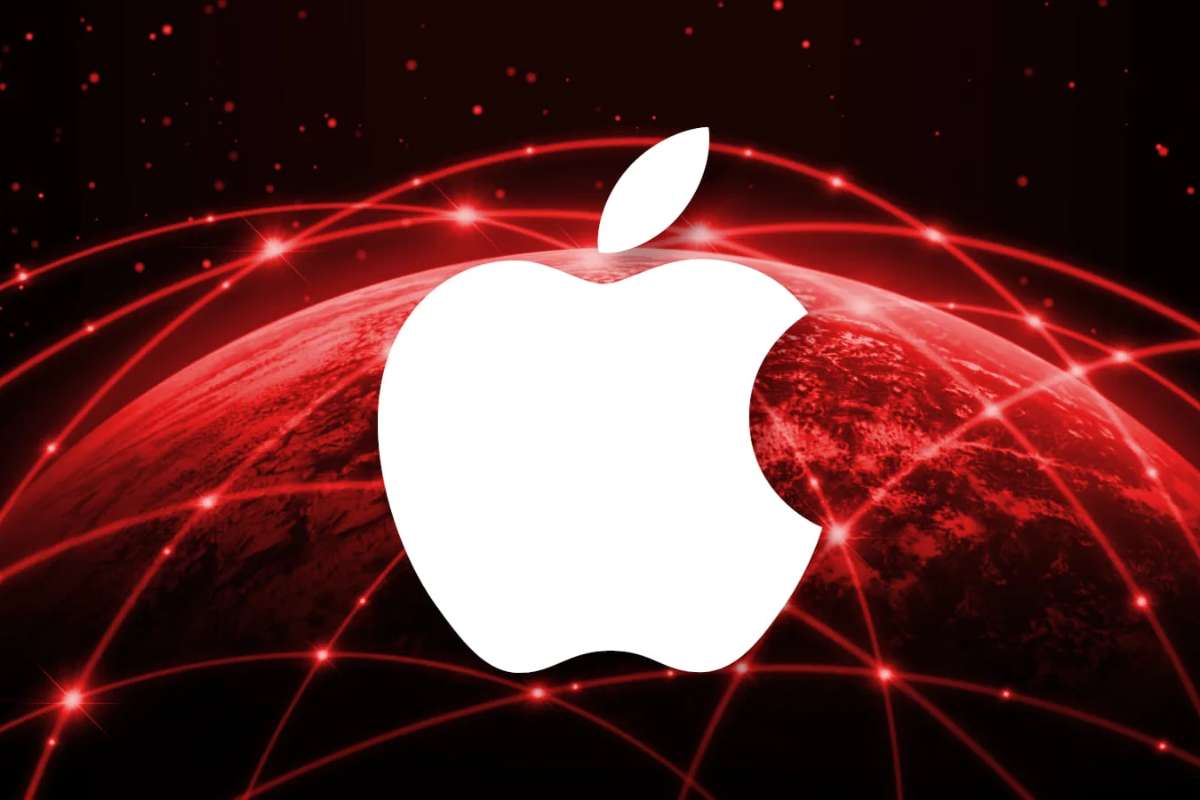A recent investigation has stirred the tech world, alleging that major companies like Apple, Nvidia, Anthropic, and Salesforce utilized data from thousands of YouTube videos to train their Train AI models. The report, conducted by Proof News and published on Wired, claims that subtitles from 173,000 YouTube videos were extracted for this purpose. The dataset, referred to as “YouTube Subtitles,” encompasses transcripts from educational channels such as Khan Academy, MIT, and Harvard, as well as content from prominent media outlets like the Wall Street Journal, NPR, and the BBC. Even material from popular YouTube personalities like PewDiePie, Marques Brownlee, and MrBeast was reportedly included.
Apple’s Response
In light of these allegations, Apple and Salesforce have publicly addressed the report. Apple clarified its stance on the matter through an email to Mashable. The company acknowledged that its open-source language model, OpenELM, indeed utilized the dataset in question. However, Apple emphasized that the OpenELM project is intended solely for research purposes and does not support any of Apple’s consumer-facing Train AI services, including the newly announced Apple Intelligence.
Apple Intelligence, unveiled at the WWDC 2024, is a suite of AI features integrated into iOS and iPadOS. These features include capabilities like text summarization for emails and messages, Genmoji for creating new emojis, and Image Playground for generating AI-driven images. Apple assured that these functionalities are built using high-quality data, including licensed content from publishers and stock image companies, along with publicly available web data. Furthermore, Apple highlighted its policy allowing websites to opt out of having their content used for AI training.
By distinguishing the research-oriented nature of OpenELM from its commercial AI offerings, Apple aims to alleviate concerns regarding the ethical use of data. The company reiterated that the OpenELM model will not underpin any of its AI services, reinforcing its commitment to responsible AI development.
Salesforce’s Statement
Salesforce also addressed the allegations, providing their perspective on the situation. In an email to Mashable, a Salesforce representative explained that the Pile dataset mentioned in the report was employed in 2021 to train an AI model for academic and research purposes. The representative noted that the dataset was publicly available and released under a permissive license, underscoring the company’s adherence to legal and ethical standards in Train AI development.
Salesforce’s response highlights the distinction between academic research and commercial applications. By clarifying the context in which the dataset was used, Salesforce aims to mitigate concerns about the potential misuse of data and reinforce its commitment to transparency and ethical practices in AI research.
Nvidia’s Silence and Broader Implications
While Apple and Salesforce have provided detailed responses, Nvidia, another company mentioned in the report, has remained silent on the issue. Despite being known for its significant contributions to AI in gaming hardware and services, Nvidia declined to comment on the allegations. This silence leaves questions about the company’s practices and policies regarding data usage for AI training.
The broader implications of this investigation extend beyond the individual companies involved. The use of publicly available data for AI training raises important ethical and legal considerations. As AI technologies continue to advance, the need for transparent and responsible data practices becomes increasingly critical. The responses from Apple and Salesforce reflect a growing awareness within the tech industry about the importance of ethical AI development and the potential consequences of public scrutiny.
The allegations of tech giants using YouTube videos to train AI models have prompted significant responses from Apple and Salesforce, shedding light on their data practices and ethical considerations. Apple’s clarification regarding its OpenELM project and Salesforce’s emphasis on academic-based usage highlight the industry’s efforts to navigate the complex landscape of AI development responsibly. As the conversation around data ethics and AI transparency continues to evolve, companies must prioritize clear communication and adherence to ethical standards to maintain public trust and ensure the responsible advancement of AI technologies.
Also read: Cyber pro Magazine






